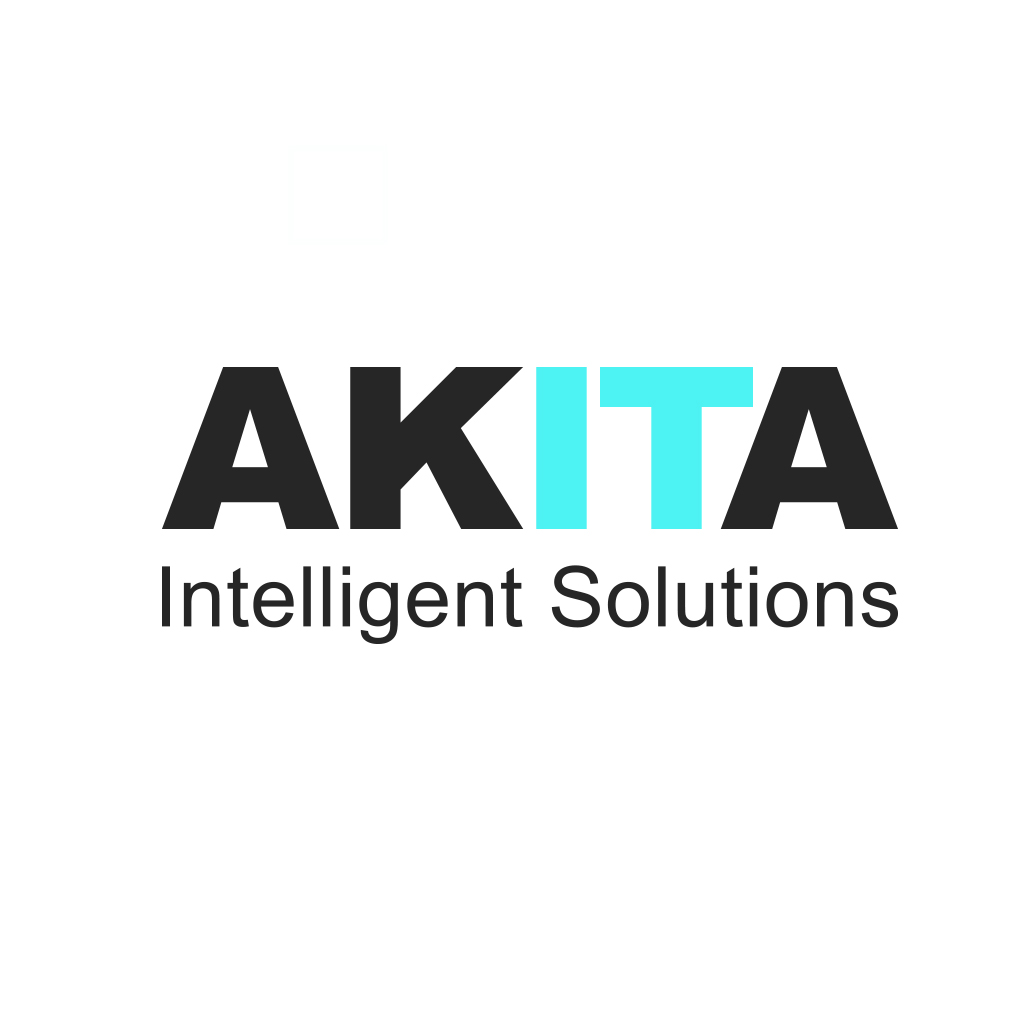Choosing the right ERP system can be a vital decision for your business' performance. We compare the pros and cons between NetSuite vs Business Central.
If you're looking for an effective ERP software package to support your business operations, comparing NetSuite vs Business Central reveals that both offer substantial benefits across many departments and roles.
However, some key differences can significantly impact your choice. We cover them below in our analysis.
NetSuite vs Business Central Comparison:
User Experience
NetSuite provides fixed-bundle ERP packages tailored for different industries, designed to be used as they are, without modifications. This can be advantageous if your business processes align closely with industry standards, allowing for a quick and easy implementation. Additionally, if you are willing to adjust your processes to fit NetSuite’s framework, you can leverage its robust out-of-the-box functionality.
Conversely, Business Central is much more flexible, supporting customised and individualised processes. This makes it a better fit for businesses with unique workflows or those anticipating significant growth and change. As your business evolves, Business Central allows for tailored solutions and seamless scalability, ensuring your ERP system grows with you. If you need a platform that can adapt to your specific organisational needs, Business Central is the more fitting choice.
Platform Updates
NetSuite provides updates twice a year, divided into four phases. Each customer is assigned a phase, and updates are mandatory, meaning your ERP system will go offline during these times. The lack of control over update timing can pose challenges during critical business periods.
In contrast, Microsoft also releases twice-yearly updates for Business Central, along with automatic patching at no extra cost. Customers can preview and trial these updates before deployment, offering greater control. You can manage and schedule updates to avoid conflicts with custom functionalities and critical business operations. For better control over platform updates and to avoid disruptions, Business Central provides a more flexible and user-friendly update process.

Integration and Add-Ons: NetSuite vs Business Central
When it comes to integration and add-ons, NetSuite offers a wide range of integrated products, but adding new functionalities can be challenging due to its fixed structure. Integrations with third-party systems can be complex and may require significant adjustments.
On the other hand, Business Central is built to run natively with Microsoft 365 applications, ensuring smooth and hassle-free integration. It supports various third-party integrations, from non-Microsoft CRM systems to HR and payroll systems, providing greater flexibility. Business Central excels in integration capabilities, making it easier to connect with other systems and applications without the need for complex adjustments.
Functionality Comparison
Both NetSuite and Business Central provide robust financial management, customer relationship management (CRM), and supply chain management features, but there are differences in their implementation and flexibility. NetSuite's financial management is comprehensive, offering real-time visibility and global accounting capabilities, making it ideal for businesses with complex financial needs and multinational operations. Its CRM is integrated and provides advanced sales force automation, marketing, and customer support features.
Business Central, while also offering strong financial management and CRM capabilities, excels in its integration with Microsoft's ecosystem, such as Office 365 and Power BI, providing a familiar interface and powerful analytics tools. Business Central’s supply chain management includes inventory management, purchase order management, and demand forecasting, similar to NetSuite, but with the added advantage of seamless integration with other Microsoft products.
For project management, NetSuite offers advanced project accounting and resource management features, while Business Central includes robust project planning, resource allocation, and job costing functionalities. Furthermore, Business Central’s HR and payroll integration capabilities simplify employee management and payroll processes, which can be more complex with NetSuite’s structure.
Overall, while both solutions offer extensive features, Business Central’s superior flexibility, integration capabilities, and user-friendly interface make it a preferred choice for businesses seeking a more adaptable ERP solution.
Pricing & Deployment
In terms of pricing and deployment, the two ERP solutions follow a similar model.
NetSuite follows a subscription-based pricing model. While this can be initially attractive, there are indications that year 2 and beyond are more costly for businesses. NetSuite is primarily a cloud-based solution, which limits options for businesses preferring on-premises deployment.
Business Central offers a subscription-based pricing model that is generally more affordable for small to mid-sized businesses. Furthermore, it is available both as a cloud-based and on-premises solution, providing flexibility based on your business needs and regulatory requirements. For small to mid-sized businesses, Business Central is often a more cost-effective and flexible choice, catering to various deployment preferences.
NetSuite vs Business Central: Conclusion
When comparing NetSuite vs Business Central, it becomes evident that Business Central is the more flexible and adaptable option for your ERP software needs. It allows for extensive modifications and integrations, making it ideal for businesses with unique requirements and those anticipating growth. While NetSuite offers a solid fixed ERP package with robust industry-specific solutions, its lack of flexibility and complex integration processes may pose challenges for some businesses.
For a closer look into Microsoft ERP solutions and to explore how Business Central can benefit your organisation, get in touch with one of our experts:





